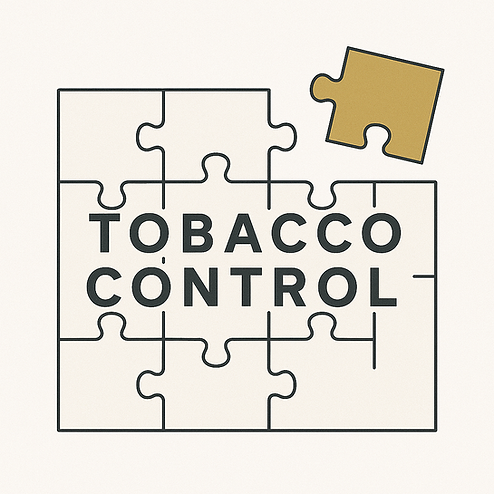Policymaker Education
We engage with federal and state policymakers to ensure there is a balanced approach to nicotine policy that both protects youth and supports adults who wish to quit smoking.

Harmonzing Tobacco Control
Tobacco control in the United States is currently fragmented.
The federal framework acknowledges a continuum of risk among nicotine products and recognizes that some can help adults move away from cigarettes, improving public health. The FDA is legally required to complete product reviews within 180 days, providing timely decisions on which products meet the agency's public health standard and can be legally sold. By fulfilling this mandate, the FDA can ensure that lower-risk alternatives reach the market more quickly to offer adults safer, legal alternatives to cigarettes.
In contrast, many state and local policies move in the opposite direction, proposing bans on entire categories of nicotine products or treating lower-risk options as if they were cigarettes. Such approaches undermine the potential of the science-driven federal framework. We advocate for state-level policies that maximize health gains by supporting adults who want to quit smoking, including full transition to lower-risk products.
We believe a harmonized approach is possible, one that protects youth from nicotine use while also helping more adults successfully quit smoking.
The Network for Principled Nicotine Policy promotes science-based, equitable policies that accelerate the end of cigarette smoking in the United States.
Position Statements
-
Cigarettes as the Primary Threat
Combustible tobacco products are the leading cause of preventable death and disease. Ending their use is our top priority. -
Continuum of Risk
Not all nicotine products are equally harmful. Policies must reflect the scientific consensus that reduced-risk products can play a role in helping adults quit smoking. -
Access & Choice
Adults who smoke should have affordable, legal access to safer nicotine alternatives, while protections remain strong to prevent youth use. -
Public Trust through Transparency
Publicly funded tobacco control efforts must be grounded in evidence, not ideology, and evaluated for effectiveness. -
Equity in Nicotine Policy
Disproportionately impacted communities, including those with higher smoking prevalence, must be at the center of policy solutions.

